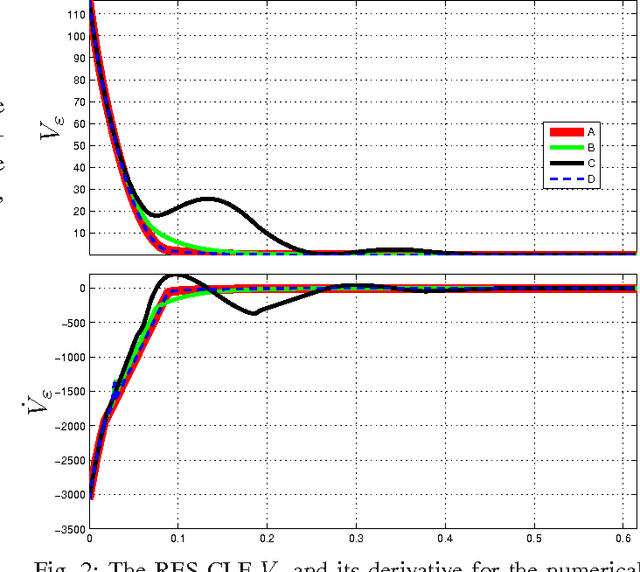Torque Saturation in Bipedal Robotic Walking through Control Lyapunov Function Based Quadratic Programs
Paper and Code
Feb 28, 2013



This paper presents a novel method for directly incorporating user-defined control input saturations into the calculation of a control Lyapunov function (CLF)-based walking controller for a biped robot. Previous work by the authors has demonstrated the effectiveness of CLF controllers for stabilizing periodic gaits for biped walkers, and the current work expands on those results by providing a more effective means for handling control saturations. The new approach, based on a convex optimization routine running at a 1 kHz control update rate, is useful not only for handling torque saturations but also for incorporating a whole family of user-defined constraints into the online computation of a CLF controller. The paper concludes with an experimental implementation of the main results on the bipedal robot MABEL.
 Add to Chrome
Add to Chrome Add to Firefox
Add to Firefox Add to Edge
Add to Edge